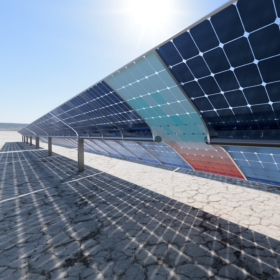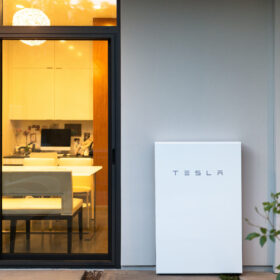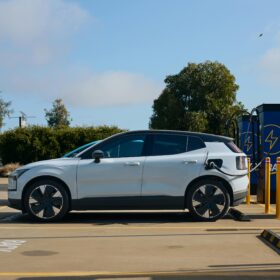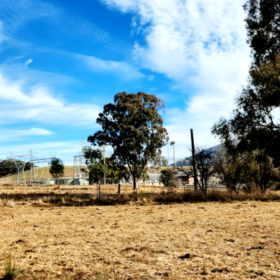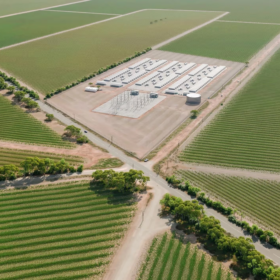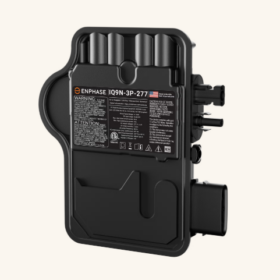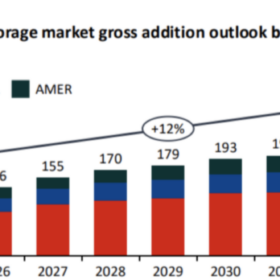NREL researchers warn of unexpectedly high n-type solar module UV-induced degradation
A National Renewable Energy Laboratory research team analysed n-type modules deployed at a 3 MW commercial PV project to assess a reported high degradation rate, finding ultraviolet-induced degradation was a major factor affecting the facility’s performance.
Tesla issues product recall for Powerwall 2 battery
Australia’s consumer watchdog has warned thousands of households to check their Tesla battery energy storage systems with a nationwide recall in place after reports of the manufacturer’s Powerwall 2 units catching fire and damaging homes.
Key fixes for Australia, New Zealand to achieve net zero
New figures show Australians bought a record 85,000 home batteries in the first half of 2025. That’s almost three times more than the year before, and nearly fivefold growth since 2022.
Trina scores accelerated approval for 1 GWh Victorian battery project
Chinese solar giant Trinasolar’s plans to build a 1,000 MWh battery energy storage system in Victoria’s Kiewa Valley have been given the green light by the state government after being fast-tracked through its Development Facilitation Program.
CIS tender supports 16 big battery projects totalling more than 15 GWh
Sixteen battery energy storage projects with a combined capacity of 4.13 GW / 15.37 GWh have been named as the winners of the Australian government’s latest Capacity Investment Scheme tender.
Enphase introduces 97.5%-efficient microinverter based on gallium nitride tech
The inverter is designed for three-phase grid configurations without using external transformers. It contains gallium nitride technology, a first for Enphase’s microinverters.
Monash claims supercapacitor breakthrough to rival batteries
Researchers at Victoria’s Monash University have developed a new carbon-based material they claim allows supercapacitors to store as much energy as traditional lead-acid batteries, while delivering power much faster than conventional batteries can manage.
Southeast Asia gaining ground
The power mix in Southeast Asia is heavily reliant on coal and natural gas for baseload generation, with hydropower dominating in countries such as Laos and Cambodia. However, the region’s dependence on fossil fuels is increasingly challenged by rising energy import costs, growing regulatory and corporate pressure to cut emissions, and heightened concerns about energy security amid accelerating demand from industry and cities.
CEFC says shared infrastructure in Pilbara could save $30 billion
Western Australia’s Pilbara region could serve as a blueprint for the nation’s industrial decarbonisation with modelling showing a coordinated approach to the construction of energy infrastructure could save billions in costs and significantly reduce the land required.
Panasonic testing new energy management system to combine solar, heat pumps, batteries
The Japanese company said the first pilot projects are being carried out in the Tokyo metropolitan area with the support of Japanese oil giant Eneos.
